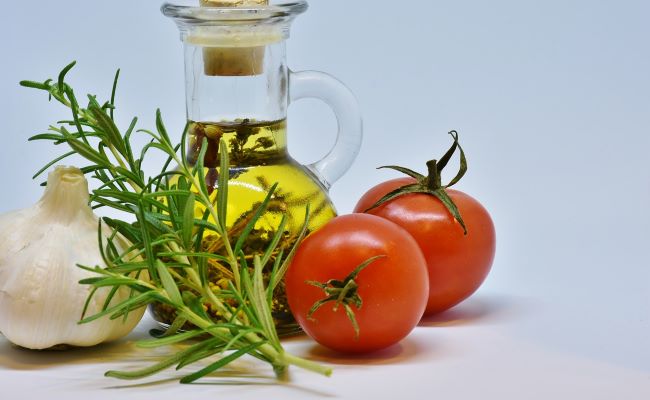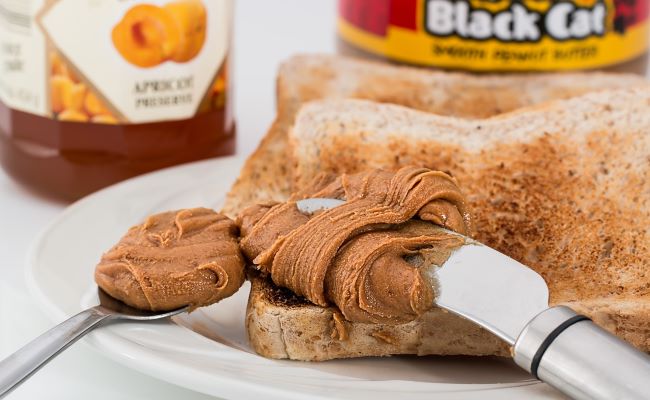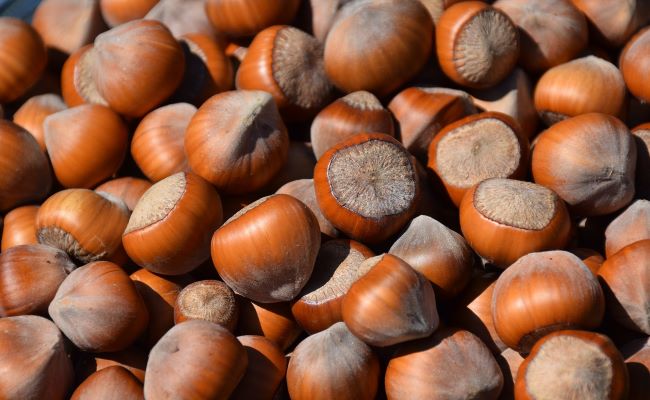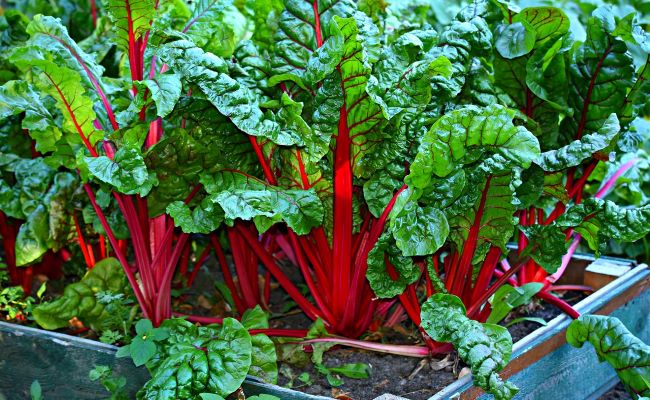Our body needs adequate vitamin E to function properly. Vitamin E protects our cells from oxidative stress, improves our immune system and keeps our skin youthful. It can prevent heart disease, macular degeneration, and even cancer. Lots of foods contain vitamin E which means you can get vitamin E naturally by including those foods in your diet. You should consume 15 mg of vitamin E per day in order to stay healthy. Here are the best foods that can fulfill your daily requirement of vitamin E.
1. Vegetable Oils
Vegetable oils are good sources of vitamin E. Though many health conscious people try to avoid consuming vegetable oil, it is essential for fulfilling the vitamin E requirement of the body. So, you must include it in your everyday diet. Here are some important things you should know about vegetable oils.
- Wheat germ oil has the highest content of vitamin E compared to the other plant oils. Just one tablespoon of wheat germ oil holds the whole amount of daily recommended intake of vitamin E.
- Sunflower oil, olive oil, and coconut oil also contain vitamin E and are good for the body.
You should buy the organic and unrefined version of these oils to reduce the fat content. That way, consuming vegetable oil won’t have any adverse effect on your health. You can cook your food using any of these vegetable oils or spread some over your salad during lunch or dinner.
2. Almonds
Almonds are synonymous with vitamin E because of the high amount of this vitamin it contains. It is rich in fiber as well and so helps in digestion. Almonds can give you quick energy as it is high in calories. You can grab a handful of raw or roasted almonds for your mid-day snack or consume almond oil or almond milk if you don’t like eating almonds raw.
3. Peanut Butter
Though peanut butter has high calories, it is still good for health because it has fibers that help in weight loss. It contains magnesium as well that helps in building bones. You can have peanut butter for breakfast by applying some over whole grain bread. Eating peanut butter regularly can improve your vision and skin health as well.
4. Hazelnuts
Hazelnuts are not only rich in vitamin E but also contains Vitamins A, B, and C which helps in energy metabolism, DNA synthesis, and repair. It also contains magnesium, potassium, and calcium that are needed for good health. It is rich in folate and helps to lower the bad cholesterol level. You can add hazelnuts to your salad or baked items. You can also spread hazelnut butter over your bread for breakfast.
5. Sunflower Seeds
You can get a high amount of vitamin E in sunflower seeds. They can prevent heart disease and cancer because of the high antioxidant content. They also help to neutralize the harmful free radicals in the body to prevent cell damage. These are rich in fiber and so help to keep your digestive system healthy. You can have sunflower seeds as a snack or garnish on soups and salad. You can sprinkle some on oatmeal and yogurt as well.
6. Spinach
Spinach is a very healthy vegetable that is rich in vitamin E. It also contains other essential vitamins and minerals that are good for your health. It is good for your skin, hair and eye health. All you need to do is just eat half a cup of spinach during lunchtime. You can either steam it or toss it raw in salads.
7. Broccoli
Broccoli contains a high amount of protein and vitamin E. It is also rich in vitamins C and K which are good for your bone and skin health. It has anti-cancer properties and that’s why it is highly recommended that you include it in your everyday diet. Broccoli lowers bad cholesterol and helps to detox the body as well. You can add broccoli in your soup or steam it and have it as a side dish at lunch or dinner. You should cook it at a low cooking temperature to preserve its nutritional properties.
8. Avocados
If you are trying to lose weight, then you should include avocado in your diet. It has very little sugar and is rich in fiber. It has high quantities of vitamin E and other essential nutrients such as vitamin C and potassium. You can add a few slices of avocados in your salad every day.
9. Asparagus
Along with high vitamin E content, asparagus has vitamin C, zinc, manganese, beta carotene, and selenium. It has anti-inflammatory properties that will keep you in good health. It regulates blood sugar, helps in digestion and reduces the risk of cancer. You can add asparagus to your omelet or pasta to make the dish more nutritious.
10. Swiss Chard
Swiss chard is a leafy vegetable that contains various essential nutrients including vitamins A and C, magnesium, iron, and potassium. It has fiber, so it will keep you full and help to lower your weight. You can eat it with your salads, sandwiches or soups. Including Swiss chard in your diet can prevent vision and skin problems as well.
Vitamin E in foods starts to degrade over time. For example, if you keep olive oil in a closed bottle for more than 6 months then it will lose 20% to 30% of the vitamin E content in it. Therefore, you must not eat foods that have been stored for a long time. You shouldn’t cook foods containing vitamin E under high heat as it may damage the vitamin E content in it.
As you can find vitamin E in abundant in various foods, you will rarely suffer from vitamin E deficiencies. Still, you should be careful and include vitamin E foods in your everyday diet as the consequence of vitamin E deficiency can be severe.










